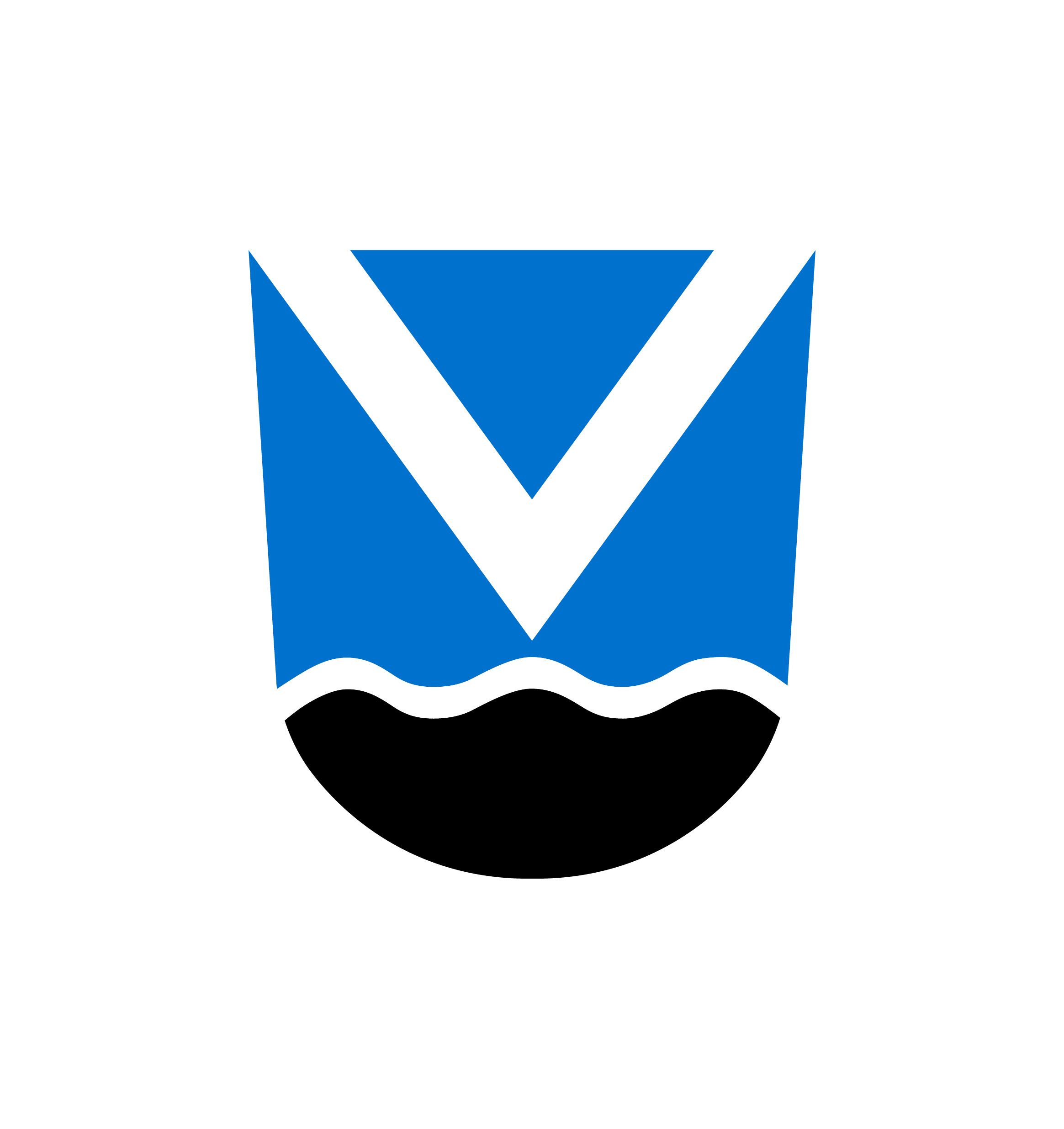Interreg CB Project CleanStormWater
Interreg Central Baltic programme Project “Testing new storm water treatment solutions for reduction of hazardous substances and toxins inflows into the Baltic Sea” (CleanStormWater)
Background
Although countries around the Baltic Sea have taken measures for reduction of emissions of hazardous substances, a number of priority hazardous substances and specific pollutants are still released to the environment, including through stormwater systems.
The main efforts have insofar been focusing on industrial or agricultural wastewater, and stormwater component has not received sufficient attention. The use of storm water treatment solutions preventing and combating the spread of hazardous substances into the Baltic Sea through stormwater is still not widespread. Available solutions are low in number, their effectiveness has not been measured and municipalities around the Baltic Sea do not have overview on the nature and dynamics of such substances. It is necessary that countries around the Baltic Sea work on the issue simultaneously, but with piloting different approaches.
Cross-border challenge
The pollution of the Baltic Sea is a common problem, which cannot be solved by a single country. Transnational cooperation is crucial to achieve the goals of the EU Baltic Sea Region Strategy. The partner municipalities - Viimsi (EE), Riga (LV), Turku and Lieto (FI) - share the same problem, but they are not the only ones facing it. The proposed solutions to the challenge need piloting under different circumstances, from climatological to technological readiness. Having a sufficiently wide basis for confirming the results and making evidence-based suggestions is a prerequisite for its multiplying effect. The specific conditions of each pilot area will be analysed first, and then to develop recommendations on the application of exact type of technology and technical solution, which will be most effective for reducing the amount of hazardous substances and toxins in question.
Objective
The objective of the Project is to develop and test new storm water treatment solutions that will clean effectively storm water, ensure management quality and monitor water quality in near real time thus enabling operative response in emergency cases.
Main activities
To achieve the Project Objective, the components of
- cleaning of stormwater with equipment/facilities,
- management quality system and
- e-monitoring of hazardous substances and toxins are addressed with the Project Work Packages:
- T1 Design and Monitoring - near real time water quality monitoring devices will be tested and implemented, and data will be collected, for both operative response to emergency cases and for scientific purposes.
- T2 Criteria of Management Quality - set of corrective modifications will be implemented in in test areas of participating countries
- I1 Construction of New Solutions - 2 centralised stormwater treatment solutions will be constructed in Estonia and Latvia, and 2 decentralised solutions established in Finland.
The Project partners will test the following new technical solutions:
- a centralised multi-stage storm water treatment & monitoring system in Viimsi, EE;
- a centralised stormwater treatment unit equipped with real-time sensors for monitoring in Riga, LV;
- decentralised bioretention basin/cells with monitoring functionality in Lieto and Turku, FI.
In all areas, the technical solution of storm water treatment will be accompanied with management quality system and monitoring of water quality in near real time thus enabling operative response in emergency cases. Municipalities and cities will be equipped with criteria, instructions, and tools for ensuring the quality management of stormwater management structures during the whole life cycle.
Partners
5 official Project Partners and 2 Associated Partners:
- Lead Partner - Viimsi Municipality Government, Estonia
- Partner 2 Tallinn University of Technology, Estonia
- Partner 3 City of Riga, Latvia
- Partner 4 Turku University of Applied Sciences, Finland
- Partner 5 KTH Royal Institute of Technology, Sweden
- Associated Partner 1 - Lieto Municipality, Finland
- Associated Partner 2 - City of Turku, Finland
In addition to above stated partners, the Project intends to co-operate actively with other additional municipalities in all 4 countries in order to introduce the developed technological solutions and quality management system, in order to scale the outcomes of Project in the region.
Budget
The total cost of Project is EUR 1 626 163,07, incl. ERDF support EUR 1 316 485,03 and Project Partners’ self-contribution of EUR 309 678,04.
Achieved Results
will be added later
Project events
will be added later


